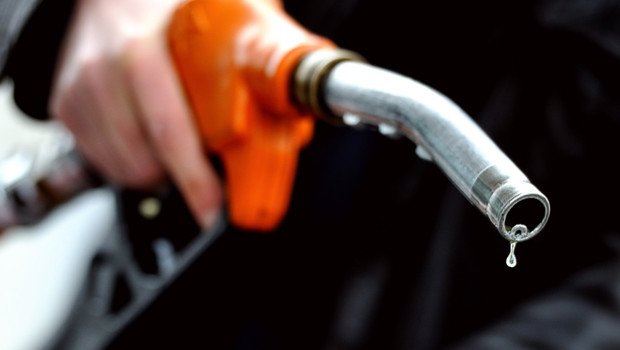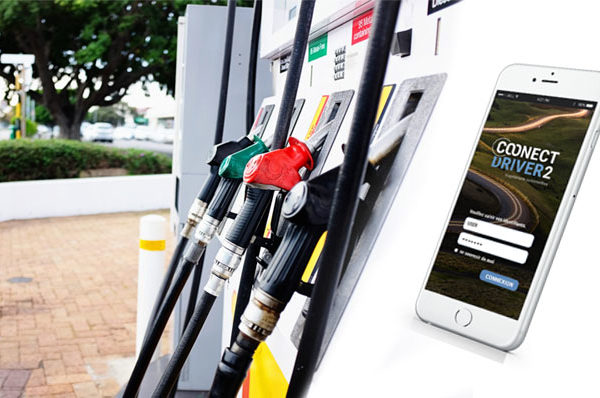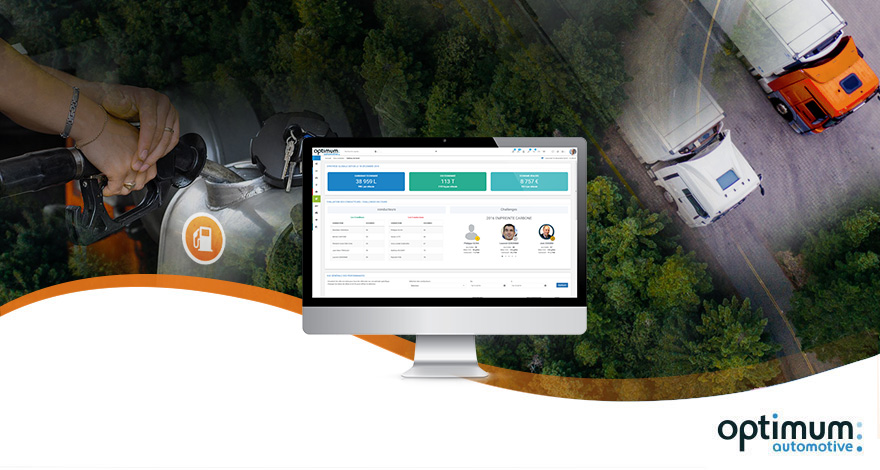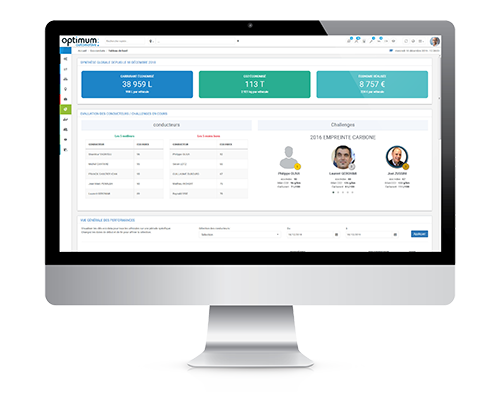In a company with a fleet of vehicles, the question of reducing costs often arises, and fuel costs are no exception. Indeed, the expenses related to fuel consumption can represent significant costs for a company. The management of fuel in a company becomes a subject that must be approached seriously and rigorously in order to limit costs and manage the budget.
So what is the impact of fuel expenses on a company? What method of fuel management should be used in a company? Answers!
Fuel management issues in companies

Managing fuel in the company presents logistical problems, but the main impact is obviously the cost. As we all know, fuel is a major expense when a vehicle is used frequently. Companies are certainly no exception, especially when they have a fleet that is used frequently by their employees.
Indeed, when we talk about fuel management in companies, we can mention the expenses of employees with what is called the mileage expenses which allow the company to facilitate the mobility of their employees to make the trips between home and work. But there are also all the expenses of fuel management in the company which are dedicated to the exercise of the activity of the latter. Trade, transport, delivery are all sectors of activity that require a fleet of vehicles, which will itself have fuel needs. The company must therefore take into consideration the amount of its fuel expenditure in order to manage its budget effectively, while taking into account the fact that prices are likely to increase or decrease, but also that if the activity intensifies, for example, additional expenditure may be required.
The management of fuel in a company becomes a real challenge for the latter, which must be able to guarantee the operation and provision of vehicles supplied with fuel for its employees in the exercise of their activity, while at the same time managing expenditure as effectively as possible. This raises the question of cost reduction in order to enable more economical fuel management in companies.
How to reduce the fuel consumption of your vehicles?
As soon as a manager or company director is interested in fuel management in a company, he or she will ask himself or herself the question of how to reduce expenses or fuel consumption. The less fuel a vehicle consumes, the more the company can save. There are various effective methods that can be used to achieve this, which require little initial investment.
Economic driving
In the first instance, drivers can be encouraged to adopt more fuel-efficient driving habits. Indeed, fuel management in companies requires a close look at the type of driving practised by vehicle users, and a fuel consumption reduction device will be particularly useful in this respect (we will come back to this subject in the next paragraph).
There is, for example, what is known as "economic" driving, which consists of opting for a somewhat different way of driving in order to reduce consumption. This includes limiting speed, avoiding sudden acceleration and braking, not driving in too low or too high a gear, using the start and stop system, especially when driving in town, etc. Training courses can be offered to learn how to use this type of driving.
Choosing the right vehicle
Good fuel management in a company also depends on a good choice of vehicles. Some vehicles will consume more fuel than others and it is up to the company to create a fleet that is adapted to the use that will be made of it. The routes and driving habits will be observed, in particular by means of a device to reduce fuel consumption, and then the appropriate vehicles will be chosen.
In addition, the choice of vehicles will be important, but so will their maintenance. A well-maintained vehicle will tend to consume less fuel than one that is not regularly serviced. Tyre pressure, vehicle aerodynamics, but also the use of air conditioning are all aspects to be monitored for good fuel management in the company.
Favouring the right routes
The choice of routes taken will also have an impact on fuel consumption. With the help of a fuel saving device, it is possible to determine the shortest routes, but also those that allow for economical driving, for example. This can be particularly relevant for companies that regularly make the same journeys, for example on tours. Making the right choice will, once again, lead to better fuel management in companies.

Discover the fuel monitoring proposed by Optimum Automotive!

There are indeed technological tools that will enable precise measurement of consumption and therefore the implementation of strategies to make savings: by means of a telematics box that will enable the collection of information from the dashboard, or, in the case of trucks for example, by means of a probe at the level of the fuel tank, to measure the levels and variations in levels.
Our service " fuel monitoring "This is a hardware and software solution that not only monitors consumption, but also combats theft at the pump or directly from the tank.
This solution enables the tracking of journeys in a mapped and time-stamped manner, while monitoring tank levels and locating alerts. Invoices imported into the management platform can be directly reconciled with fuel consumption. Configurable alerts can be added to indicate fuel intake, theft, low level or inconsistency, and an alert history is also accessible. Finally, three reports, fuel consumption and fuel intake, can be accessed instantly or by subscription.



